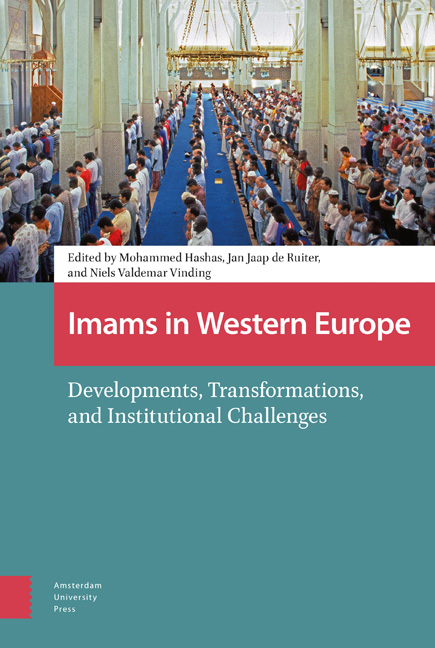2 - Rethinking Islamic law for Europe: The concept of the Land of Islam
Published online by Cambridge University Press: 06 January 2021
Summary
Abstract
The fiqh al-aqalliyāt (‘Islamic law for Muslim minorities’) is based on the problematic concept of living outside the ‘Land of Islam’. This chapter offers a brief survey of the criteria for a land to be judged a ‘Land of Islam’. It is shown that the basic criteria are the freedom and security for Muslims to practice the basic shacā’ir al-islām (‘Islamic rules’) and to serve al-cadl (‘the cause of justice’). Ironically, a general assessment of many Western and Eastern Muslim-minority countries according to these criteria gives them a relatively high score on the ‘Land of Islam’ scale.
Keywords: fiqh al-aqalliyyāt, Land of Islam, Land of war, Land of Justice, Land of security
‘Fiqh for minorities’: On what basis?
Technically, a ‘minority’ is a community that counts for less than 50 per cent of a larger community. ‘Muslim minorities’ are believed to comprise somewhere between 40 and 50 per cent of Muslims worldwide (Auda, 2005; Khalidi, 1989). However, a quick look at the body of literature developed for the fiqh al-aqalliyāt (‘law for minorities’) shows that the basic consideration for Muslims to be considered an aqalliya (‘minority’) is not population. Instead, it is whether Muslims live in what is called a non-Muslim ‘country’ (Hoffman, 2002), ‘society’ (Rath, Penninx, Groenendijk, and Meyer, 2001), ‘context’ (Murad, 1997), ‘polity’ (Masud, 1989), or under ‘non-Muslim rule’ (Waardenburg, 2000). Thus, the ‘exceptional circumstance’ here is not about the number of Muslims, but rather about how the country runs its ‘polity’, ‘system’, or ‘rule’ – which can be labelled ‘non-Muslim’, as far as the current discourse goes. For this reason, the political view of Muslims necessitated the creation of a special law which is called fiqh al-aqalliyāt (‘Islamic law for minorities’), fiqh al-ghurba (‘Islamic law for the homesick’), al-madhhab alūrūbbiyy (‘European School of Law’), European sharia, or European Islam (e.g. Haddad, 1991; Hofmann, 2002; Ramadan, 2000; Rohe, 2001).
However, the questions that are typically raised under the ‘fiqh of minorities’ theme do not have a clear relationship with this basic premise.
- Type
- Chapter
- Information
- Imams in Western EuropeDevelopments, Transformations, and Institutional Challenges, pp. 39 - 50Publisher: Amsterdam University PressPrint publication year: 2018



